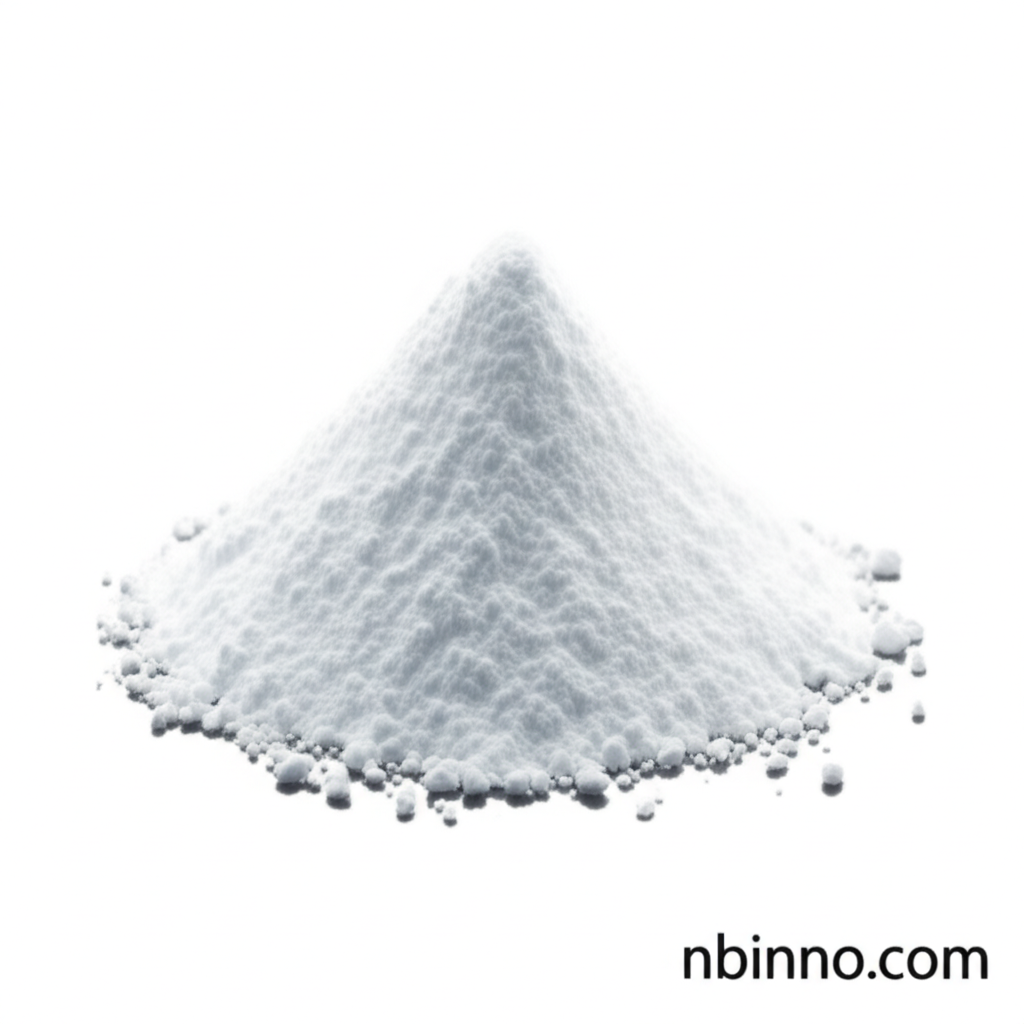L-Carnitine: Understanding Its Role in Energy Production and Health Benefits
Discover how L-Carnitine supports energy metabolism, athletic performance, and overall well-being. Learn about its science-backed benefits.
Get a Quote & SampleProduct Core Value

L-Carnitine
L-Carnitine is a vital compound that plays a critical role in the body's energy production processes. It's naturally synthesized from amino acids and is essential for transporting long-chain fatty acids into the mitochondria, the powerhouses of our cells. This process is fundamental for cellular energy generation, making L-Carnitine indispensable for various bodily functions.
- Understanding L-carnitine's role in fatty acid metabolism is key to optimizing cellular energy. L-Carnitine facilitates the movement of fatty acids into the mitochondria, where they are oxidized to produce ATP, the body's primary energy currency.
- Research suggests L-carnitine may enhance athletic performance and improve recovery by optimizing energy utilization and reducing muscle fatigue during strenuous activities.
- The benefits of L-carnitine for cardiovascular health are being explored, with some studies indicating potential improvements in heart function and exercise tolerance in individuals with certain heart conditions.
- L-carnitine supplementation for diabetes management shows promise in improving glucose utilization and reducing insulin resistance, though more research is needed.
Key Advantages
Supports Energy Production
By facilitating fatty acid transport into mitochondria, L-Carnitine directly aids in the production of energy, combating fatigue and enhancing physical endurance.
Aids Fat Metabolism
L-Carnitine is instrumental in the breakdown of fats, converting them into usable energy, which can be beneficial for weight management efforts.
Potential Health Benefits
Studies indicate potential advantages for cardiovascular health, managing symptoms of type 2 diabetes, and offering supportive care for those undergoing cancer treatment.
Key Applications
Energy Production
Essential for converting dietary fats into cellular energy, supporting overall vitality and physical performance.
Fat Metabolism
Plays a key role in the process of beta-oxidation, helping the body efficiently utilize stored fats for energy.
Athletic Support
Often used by athletes to enhance endurance, improve recovery, and potentially boost performance.
Wellness Management
Investigated for its role in managing chronic conditions such as cardiovascular disease and type 2 diabetes.
